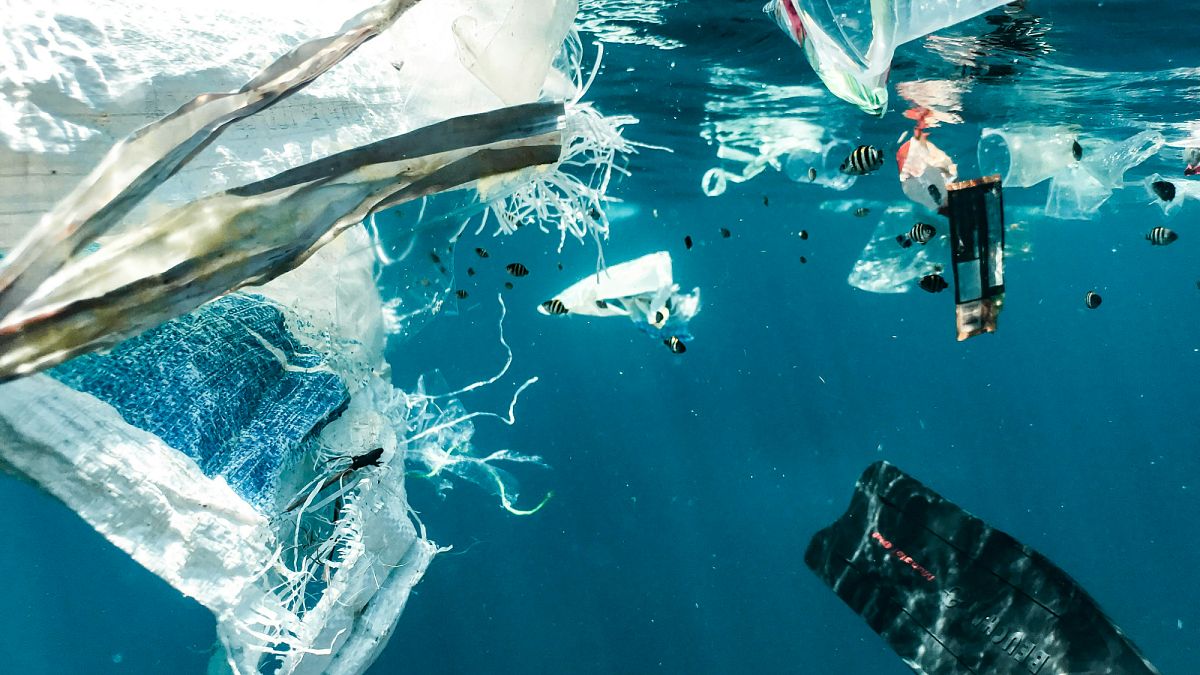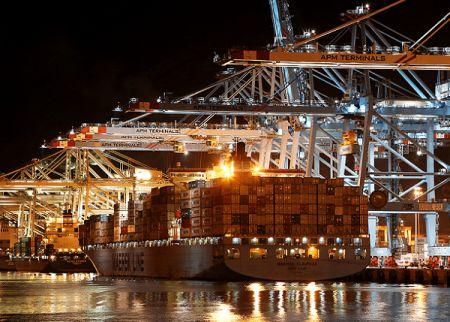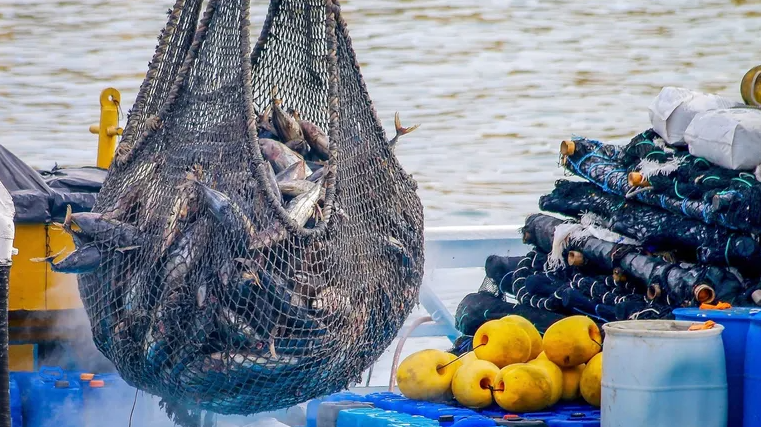
The survey revealed little demand among young people for significant action or responsibility from ocean stakeholders.
There is a disconnect regarding young people’s recognition of the ocean’s vital role in climate change and the importance of measures needed to protect it, a new global survey has revealed.
A large majority of young people are concerned about the health of the ocean, but they prioritize forest protection, reducing air pollution, and addressing freshwater scarcity.
Young people also have high expectations for governments, NGOs, and local communities, but low expectations for businesses, highlighting a misunderstanding of who is responsible for ocean pollution, the authors stated.
The study by the renowned global Ocean Health Initiative has revealed these worrying gaps in ocean literacy among 18-24-year-olds in 35 countries.
Young People « Don’t Fully Compensate for the Disastrous State of Our Oceans »
The results from the 3,500 survey respondents revealed that 75% of young people are concerned about the state of the oceans’ health.
However, few recognize the danger in the ocean or how it can be prevented—nearly half (47%) of young people think the ocean is still healthy.
The Dominican Republic, Puerto Rico, and the Philippines are among the countries where many believe this, even though they struggle with plastic pollution, coral reef degradation, and habitat loss.
The authors said this strongly indicates that young people « do not fully compensate for the disastrous conditions of our oceans. »
Indeed, 61% prioritize other climate issues, such as deforestation, over ocean conservation. Notably, this perspective is shared by 88% of young people in Panama—a country bordered by both the Pacific Ocean and the Caribbean Sea, where the ocean plays a vital role in the economy.
« It is surprising and alarming to see so many young people misjudging the health of the ocean. This level of low ocean literacy is likely to hinder progress and funding for the protection of our oceans, » said Peter Thomson, the UN Ocean Ambassador.
« We need to invest in educating young people on the importance of ocean health and how to safeguard it for the future. »
The authors argued that enhancing ocean literacy is crucial to fostering a deeper understanding of the ocean’s multifaceted role. It is not only a driver of local economies through industries like fishing, tourism, and renewable energy, but also a critical buffer against the impacts of climate change.
« The ocean is one of the most neglected and underfunded areas of global sustainability, but its decline directly impacts how we live, » Thomson added.
« We must remember that the ocean is silently dealing with sea-level rise, temperature increases, and acidity levels, as well as irreversible threats to biodiversity due to human activity. The least we can do is better understand it and prioritize its preservation. »
Improved Ocean Literacy Could Help Pressure Decision-Makers
The survey also revealed little demand among young people for significant action or responsibility from ocean stakeholders. Fewer than half of young people want government action to ensure ocean health. Only 17% want businesses to take on more responsibility.
This finding is particularly concerning, as the study revealed that young people are worried about ocean contamination—chemical pollution (48%) and plastic pollution (50%)—but they do not know where the responsibility lies.
Better knowledge of the dangers faced by the ocean would increase pressure from citizens and stakeholders on decision-makers and funding sources, the authors stated.
« It is incredibly interesting to see that some young people recognize that the ocean can play a role in addressing the impacts of climate change and that the harmful state of the ocean is detrimental to that, » said Emma McKinley, an expert in ocean literacy and lead researcher at Cardiff University.
« However, this study suggests that not all young people recognize the need to demand more action from governments and the private sector to prioritize ocean health. »
The study’s authors have called on educators and policymakers to integrate ocean literacy into school curricula to « equip the next generation with the knowledge and tools necessary to protect our oceans and address the challenges they face. »
Source: Observatoire de l’europe



